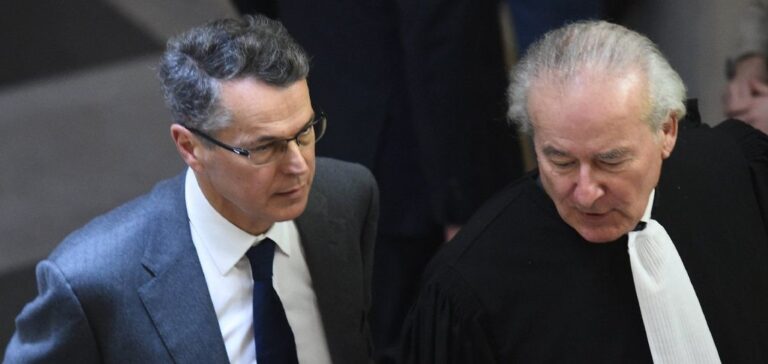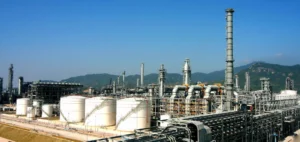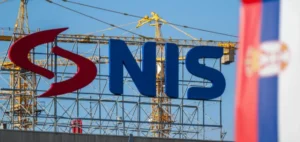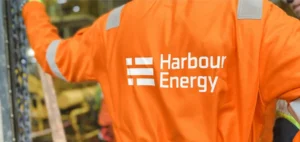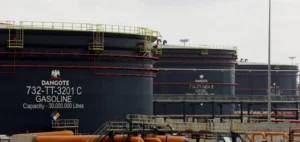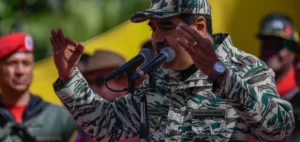The Bourbon Group, specialist in marine assistance for the offshore oil sector, is at the center of a corruption scandal involving tax agents in several African countries. On Friday, the Marseilles Criminal Court handed down its verdict, sentencing CEO Gaël Bodénès to a two-year suspended prison sentence and a three-year management ban.
The case dates back to October 2012, when customs officers at Marseille airport discovered $250,000 in cash in the suitcase of Marc Cherqui, then Bourbon’s Tax Director. This discovery triggered a series of investigations that revealed systematic corrupt practices in countries such as Equatorial Guinea, Cameroon and Nigeria, all known for their poor governance.
Revelations and Accusations
Investigations have brought to light several cases of corruption aimed at reducing substantial tax adjustments. In Equatorial Guinea, an intermediary received 400,000 euros to reduce an eight million euro tax bill to just 44,849 euros. In Cameroon, 150,000 euros were paid to avoid a tax bill of 11 million euros. In Nigeria, payments totaling $2.7 million were made to reduce a tax liability of $227 million to $4.1 million.
The court ruled that these decisions were taken at group level, assigning responsibility to the Bourbon Executive Committee. Gaël Bodénès, Laurent Renard and Christian Lefevre were identified as the main perpetrators of the offences.
Defense and Verdict
Despite the seriousness of the accusations, the court noted that the Bourbon group had not initiated the proposed payments. However, the company had put in place risky tax arrangements that exposed it to tax reassessments and demands for bribes in countries described as “very dangerous”.
The sentences handed down include a two-year suspended prison sentence and an 80,000 euro fine for Gaël Bodénès and Laurent Renard, as well as a three-year ban on holding corporate office. Christian Lefevre was given a 30-month suspended prison sentence because of an additional conviction for undeclared work.
Consequences and reactions
The public prosecutor had requested sentences ranging from one year to 18 months’ imprisonment for the main defendants. Marc Cherqui, central to the case, received a six-month suspended prison sentence and a 30,000 euro fine. The judges also ordered the confiscation of the $250,000 found in his luggage, stressing that Cherqui was acting for his own benefit.
Bourbon’s Supervisory Board, in a statement, acknowledged the court’s decision and reaffirmed its confidence in Gaël Bodénès, noting that there was no widespread system of corruption at Bourbon.
This case highlights the risks and challenges faced by companies operating in unstable economic and political environments. Managing these risks is crucial to maintaining a company’s integrity and reputation in the global marketplace.


